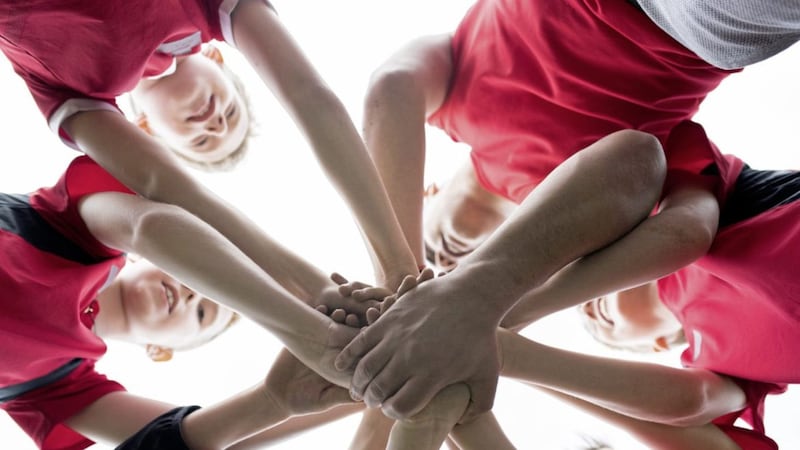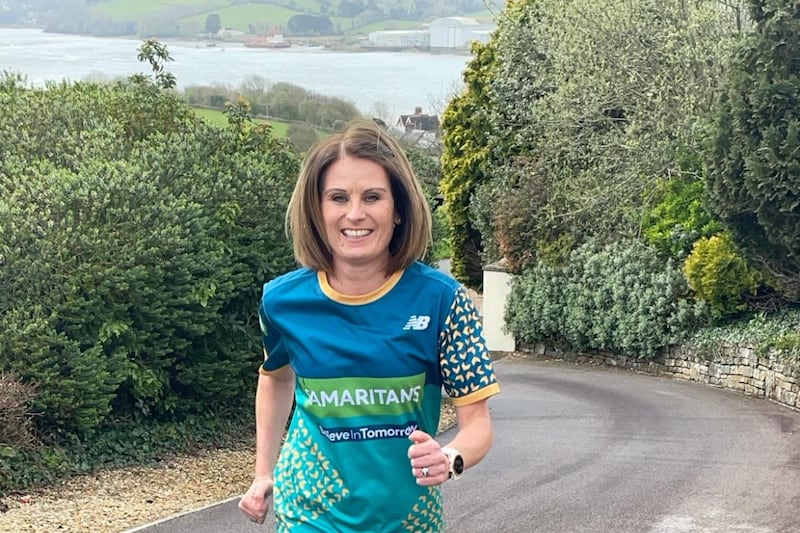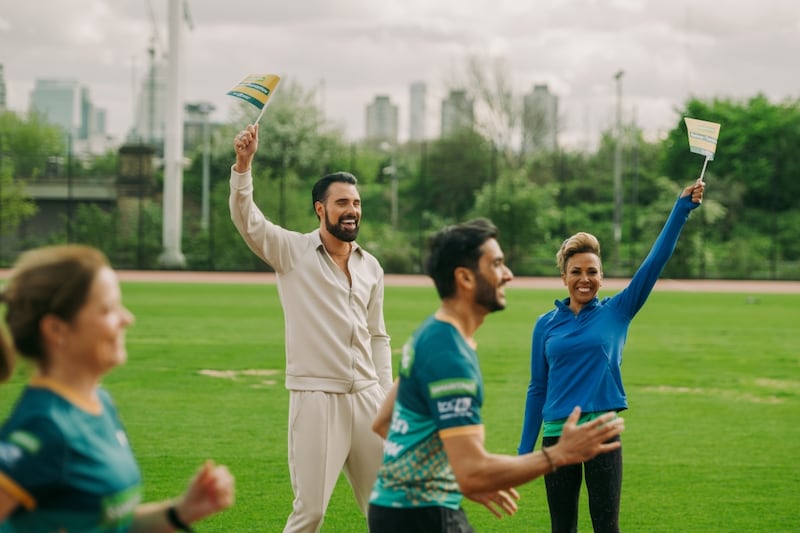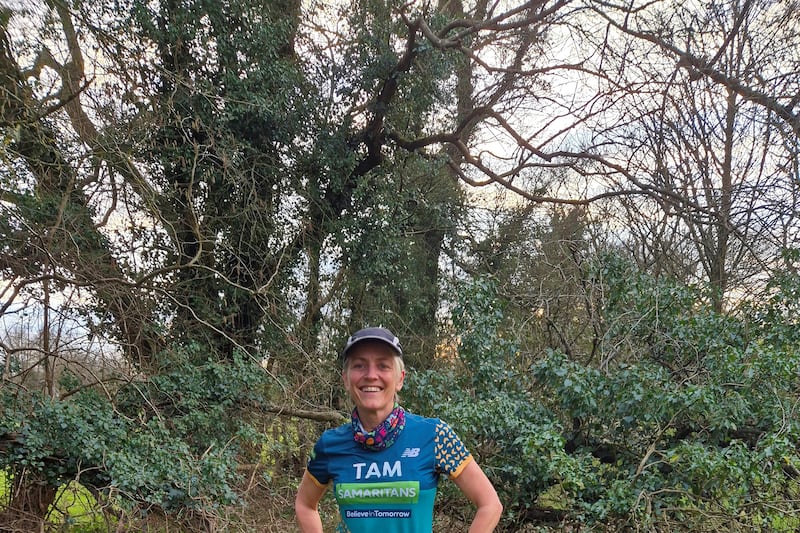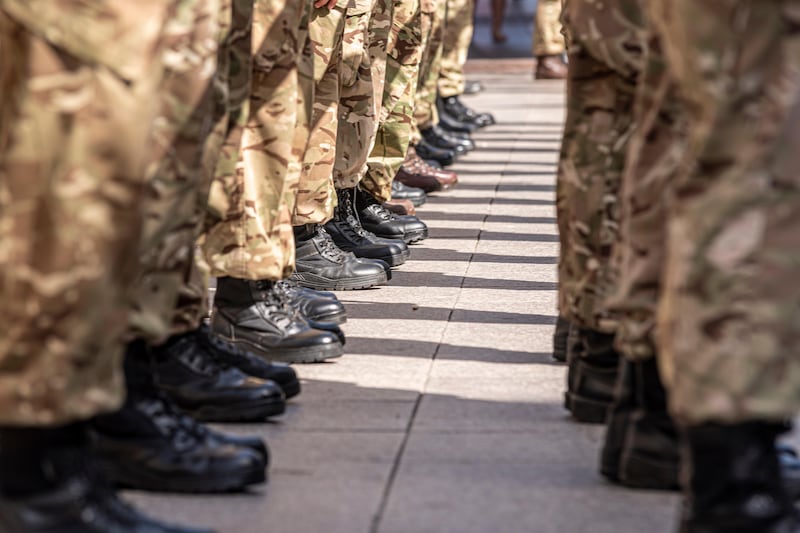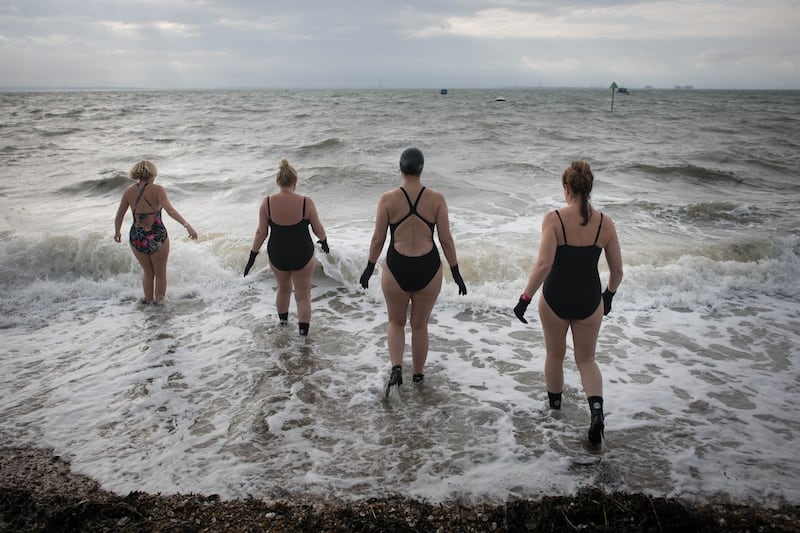GAA teams across Ireland are about to add 10 minutes to their regular training sessions – to focus on mental health. The project is being referred to as 'the huddle' and will involve a 10-minute focussed talk from the Samaritans.
Team-mates will be encouraged to talk about any problems they are having – and to look out for each other in terms of wellbeing. The aim is to raise awareness throughout the GAA of the importance of emotional support and where it can be found (including the Samaritans' own 24-hour freephone, text and email as well as face-to-face service) and help to develop better listening skills.
Young adult males have long been a particular concern in the scourge of suicide which afflicts Ireland, north and south. But the GAA has long been ahead of the game when it comes to taking the issues around depression on board.
One team in the north, St Peter's of Warrenpoint, have already been involved in an exercise which has helped lead to the development of the 'huddles'. St Peter's participated in the pilot of a broader initiative called The Healthy Club Project which included exploring the needs of GAA members from a mental health perspective.
To date 40 Ulster Clubs have completed the Healthy Club Project and another 35 are due to commence that programme from the start of February.
At a special conference on the Healthy Club Project at Croke Park in October, around 400 delegates agreed overwhelmingly that mental health was the most important area of work under the umbrella of the project.
Now the model for the huddle is being rolled out on both sides of the border, stressing the core message among young men: 'It's OK not be OK'.
Yet even 20 years ago pre or post-match talk about stress or feelings would have been almost taboo.
"They would never have been mentioned," says Colin Regan, community and health manager of the GAA. "Now it's a different landscape altogether – and a very good thing."
Mr Regan, a former Leitrim player, adds: "We have come a very long way in terms of addressing these issues – but we still have a long way to go."
It is just over five years since the GAA teamed up with the Samaritans to together tackle the stigma of mental health. The Samaritans then became an official partner to the GAA.
"The thinking within the GAA started with talking about the need to talk about mental health," Mr Regan says.
An all-island report six years ago showed that over the previous decade the level of deaths by suicide had risen to five times higher among males compared to females – and the rate involving young males was among the highest in the European Union.
"Through our partnerships with the Health Executive in the 26 counties and the Public Health Agency in the six counties we introduced suicide prevention training but the feedback clearly indicated the need for something introductory on the topic of emotional wellbeing," Mr Regan, says. "So this is where the concept of the 'huddle' has come in."
It is the brainchild of Majella Canty, a volunteer co-ordinator with the Samaritans as well as a Healthy Club officer and coach in her own club, Cobh, in Co Cork.
"Just for a 10-minute session before their training, or perhaps afterwards, the players will huddle together to hear a talk from a Samaritans representative," Ms Canty explains.
"They will be asked to think about their own wellbeing and also make a commitment to each other in terms of the sport and their everyday lives, to look out for each other. It is recognised now by all of us that stress is here and affects us all. And it needs to be brought out into the open.
"Help-seeking, including support for your mental mental health, is a sign of strength, not weakness – and it is OK not to be OK."
:: Samaritans (samaritans.org) can be contacted throughout the island of Ireland by phoning 116 123
